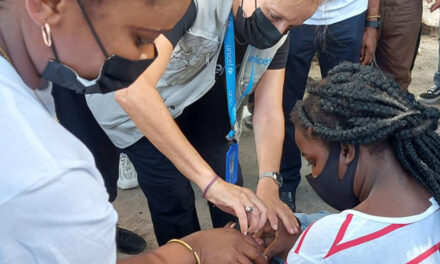Pune, India – April 5, 2025 – A tragedy has struck Pune following the death of a seven-months pregnant woman, Tanisha Bhise, after she was allegedly denied timely medical care by a city hospital due to financial constraints.
Tanisha Bhise, who was carrying twins, required urgent medical attention. Her husband, Sushant Bhise, rushed her to Dinanath Mangeshkar Hospital. According to Mr. Bhise, the hospital administration requested a payment of ₹10 lakh for the necessary treatment.
Despite the urgency of the situation, Mr. Bhise stated that even after offering a partial payment of ₹2.5 lakh, the hospital allegedly refused to initiate medical care. This delay proved critical for Tanisha’s deteriorating condition.
Forced to seek help elsewhere under dire circumstances, Tanisha was subsequently admitted to another hospital. Tragically, she succumbed to complications following the delivery of her twins at the second facility.
Sushant Bhise, along with Amit Gorkhe, has accused Dinanath Mangeshkar Hospital of gross negligence. They contend that the hospital prioritized financial requirements over the immediate need for emergency medical intervention, leading directly to the fatal delay.
Responding to the allegations, Ravi Palekar, the Public Relations Officer for Dinanath Mangeshkar Hospital, stated that the information circulating in the media is incomplete. He further added that these reports are damaging the hospital’s reputation. The hospital has not yet provided a detailed counter-narrative to the specific claims made by Mr. Bhise.
The incident has sparked distress and raised serious questions regarding the accessibility of emergency healthcare and the protocols hospitals follow when patients face financial difficulties during critical medical situations.
Disclaimer: This news article is based solely on information provided in a report by India Today published on April 4, 2025. It includes allegations made by the deceased’s family and the initial response from the hospital representative. Further details or investigation outcomes may emerge.












